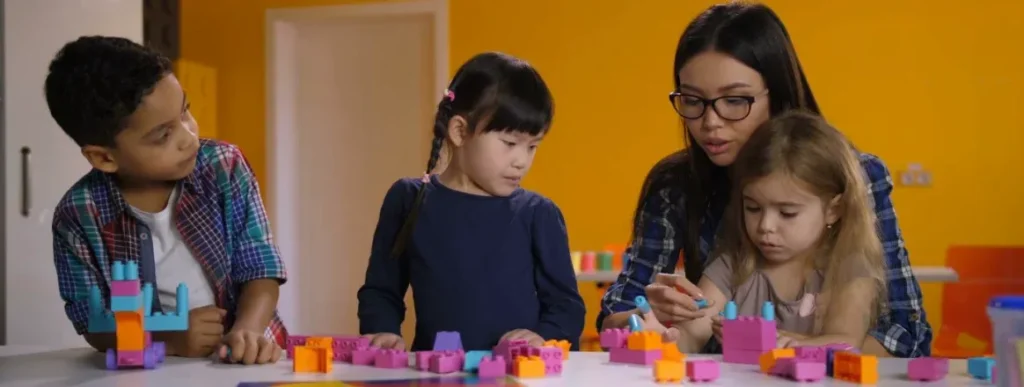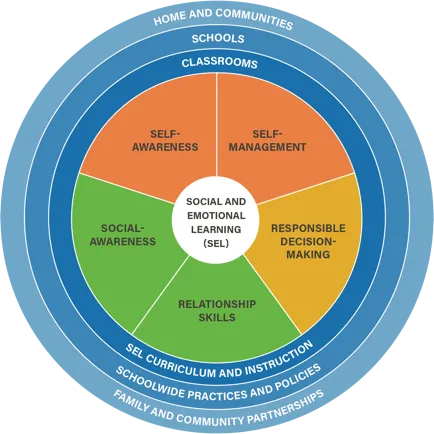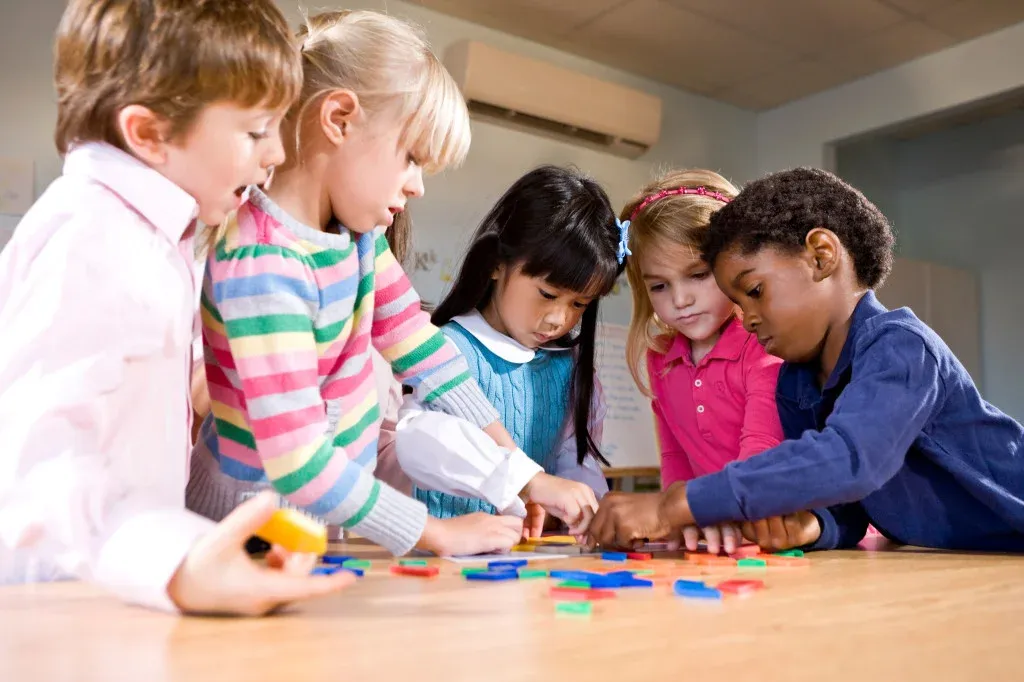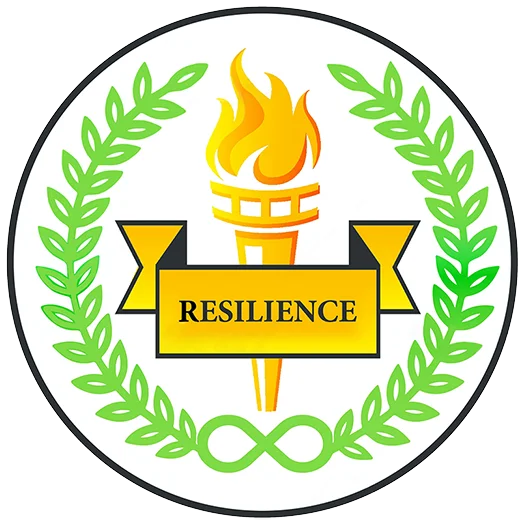Why SEL?
“Social and emotional learning (SEL) is the process through which children and adults understand and manage emotions, set and achieve positive goals, feel and show empathy for others, establish and maintain positive relationships, and make responsible decisions” (CASEL).
CORE PROBLEMS
We’ve listed the top six challenges that lead to lower attendance, student drop-outs and teacher burnout. Every challenge increases and exacerbates student distress, especially at a time when mass shootings have tragically become the norm. Each challenge requires a systematic and institutional solution. Our Social Emotional education system is the perfect place to start.
As of 2020, the U.S. placed 31st out of 79 countries in math.
As of 2023, there has been 376 school shootings in the U.S. since Columbine. 348,000 students have experienced gun violence at school.
70.6% of students have witnessed bullying in school. 54% of students who are bullied don’t report it to an adult at school.
20% of high school students report serious thoughts of suicide and 9% have made an attempt on their life.
In-School Drug Use
50% of teenagers report using illegal drugs. 86% of teenagers know someone who uses drugs during the school day.
Violence and Abuse
60% of American children are exposed to violence, crime, or abuse in their homes, schools, and communities each year. 40% of American children were direct victims.
THE SOLUTION

Through a systematic, academic approach to teaching social and emotional skills, students gain knowledge and develop their emotional intelligence. Teaching social and emotional skills has significantly increased test scores across the country. Students’ capacity to navigate social and emotional situations has been shown to increase student collaboration and long-term academic success.
Resilience has created SELENA, a program that provides K-12 schools with curriculum and deployment tools. SELENA is designed to empower educators, counselors, parents and students with an extremely cost effective solution.
Self-Awareness
Self-Management
Social Awareness
Relationship Skills
Responsible Decision-Making

WHO BENEFITS?
Grades K-12
Teaching SEL at a young age prepares children for a lifetime of challenges. The ultimate goal is to develop mental strength, increase social-emotional skills, and achieve happiness. When children are taught how to handle uncomfortable or undesirable emotions, they are less likely to resort to self-destructive or outwardly aggressive behavior.

Professionals
Are you working in a high conflict environment with a low level of workplace support and discipline? Mental and emotional training helps professionals to address the underlying problems plaguing their organization and supports the individual in achieving success. Daniel Goleman’s Working with Emotional Intelligence states that “67% of all competencies deemed essential for high performance were related to emotional intelligence.”

Young Adults
A strong and healthy mind requires consistent exercise, just like the body. Young adults who have trained their emotional intelligence are more prepared to face challenges throughout adulthood. They can handle difficult situations with clear thinking, a more positive outlook and more empathy for others.

